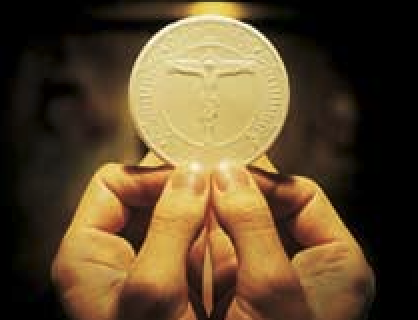It's rare to hear eight seconds of dead silence during an NBA Finals press conference.
Boston Celtics head coach Joe Mazzulla was asked if -- because of the "plight" of Black head coaches -- it was significant that both teams were led by Black men. Was this a source of "pride" for him?
The son of an Italian father and a Black mother, Mazzulla is an outspoken Catholic whose pre-game routine includes pacing through an empty arena, praying with a rosary made with wood from the court of the original Boston Garden.
Mazzulla's answer was blunt: "I wonder how many of those have been Christian coaches?"
While this response drew many cheers in social media, Los Angeles Lakers legend Kareem Abdul-Jabbar was not amused.
Mazzulla "decided to ignore a legitimate question about race that might have been illuminating and inspiring for others, and instead decided to virtue signal," the six-time NBA Most Valuable Player wrote on Substack. The answer was "strangely aggressive since Christians are not discriminated against but, as a group, are more likely to discriminate against others," Abdul-Jabbar added.
The reporter who asked the pivotal question went further, suggesting that the Celtics coach apparently didn't grasp that it's "possible to be both Black and Christian."
"This didn't feel like a denouncement of Mazzulla's Blackness, so to speak," wrote Vincent Goodwill of Yahoo Sports. "It wasn't quite the 'I'm not Black, I'm OJ' moment; it just leaves room for interpretation."
This wasn't the first time that Mazzulla has puzzled journalists. In 2022, he was asked if he met the "royal family," after Prince William and Princess Kate Middleton attended a game.
"Jesus, Mary, and Joseph? … I'm only familiar with one royal family," he quipped.










